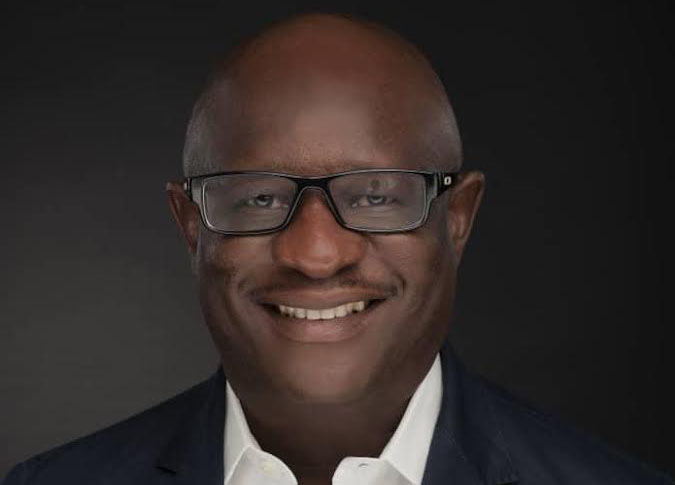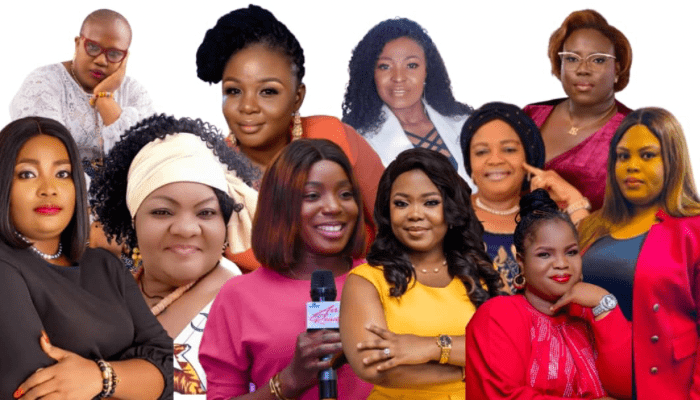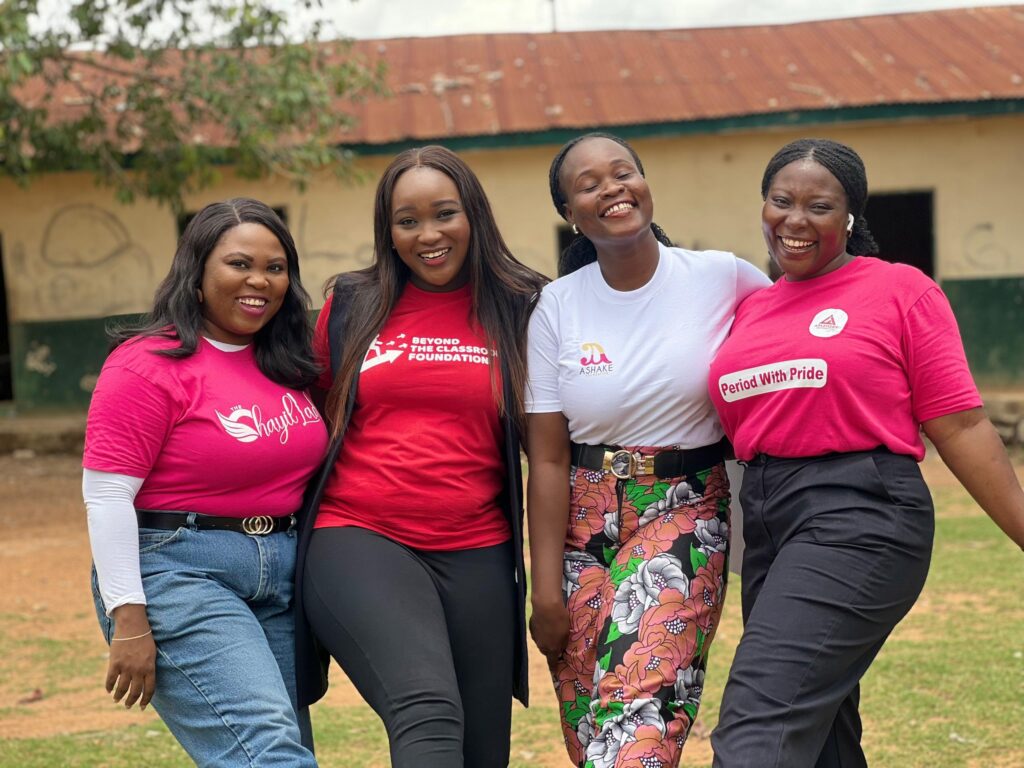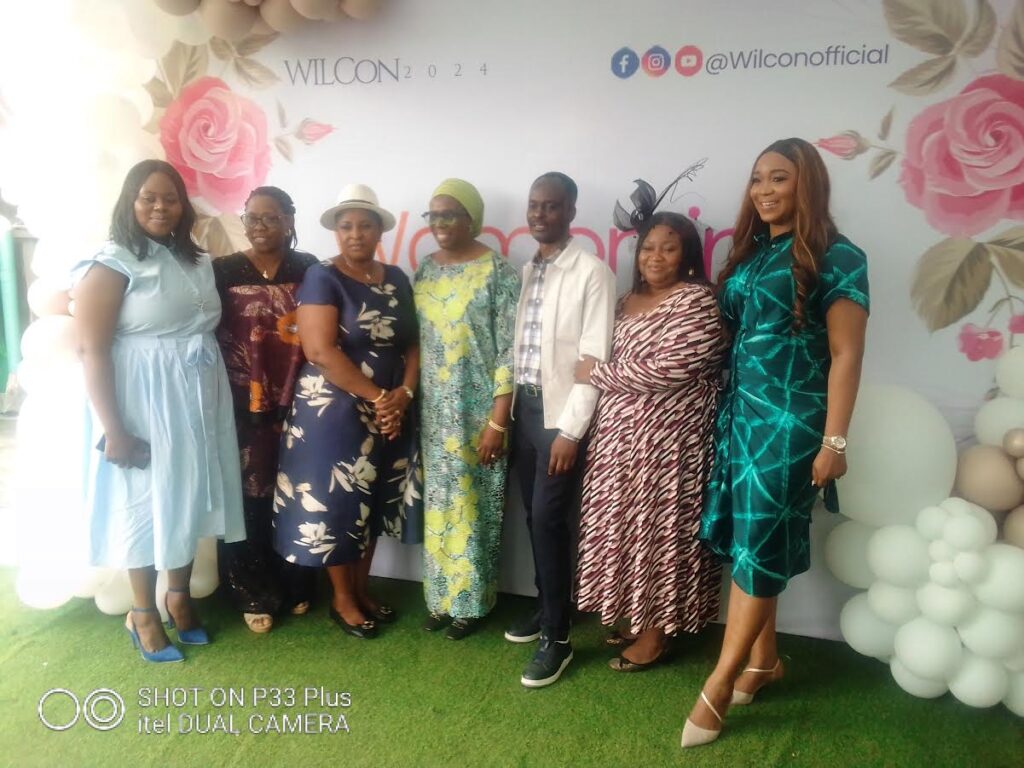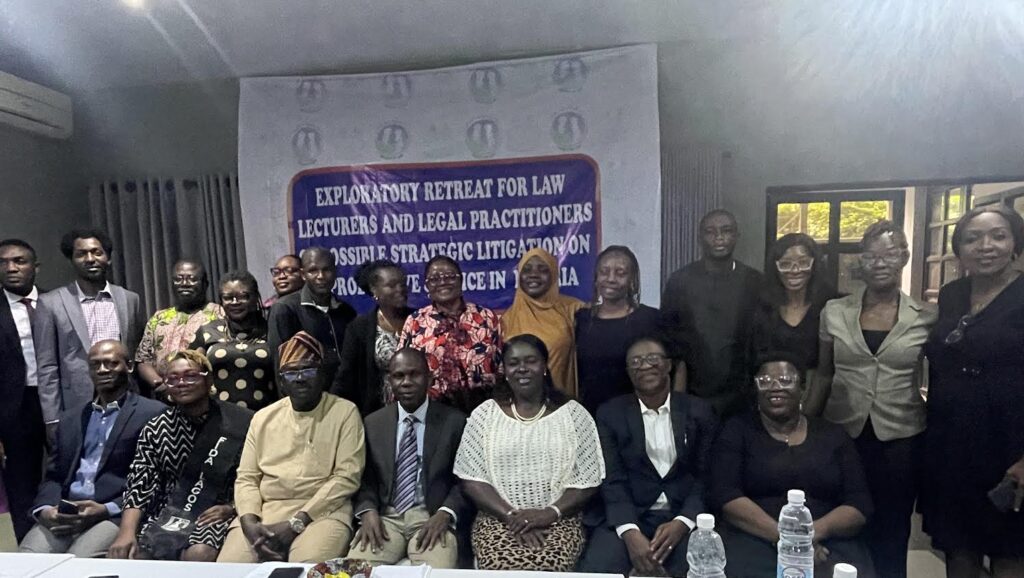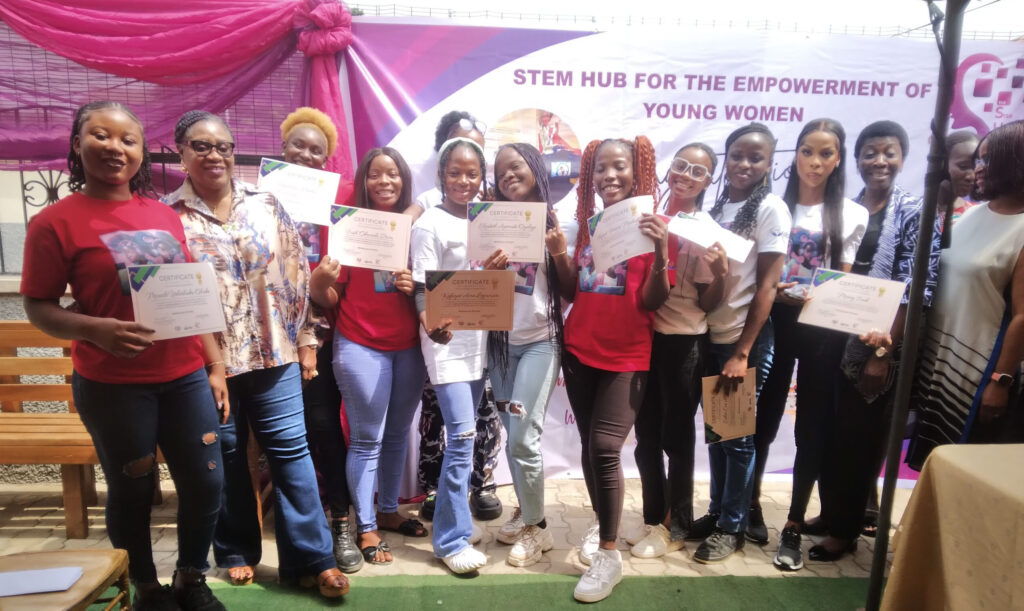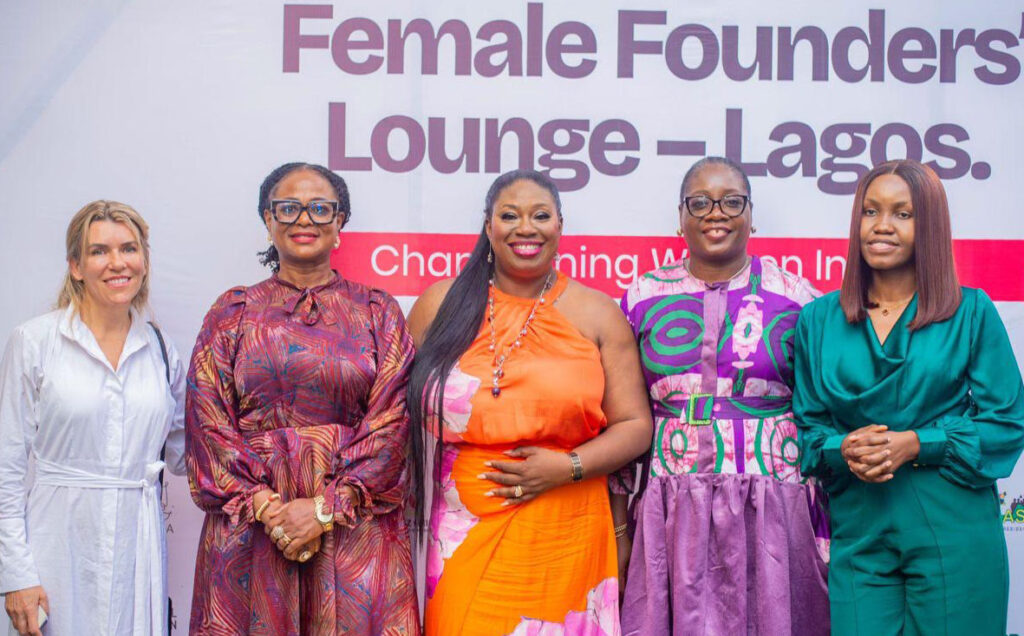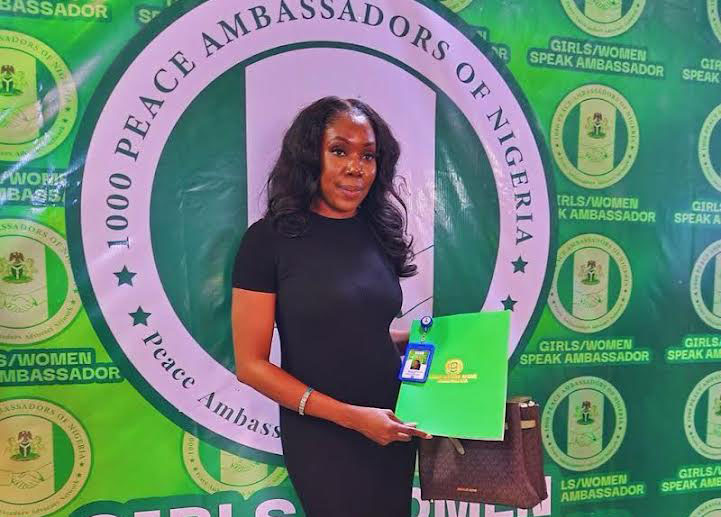
Institutional contributions to literacy and formal education Department of Adult Education, University of Ibadan Founded in 1949 as the Department of Extra-Mural Studies, the Department of Adult Education was merged with in 1962 with the Institute of Education, founded in 1957, and became the Faculty of Education and Extra Mural Studies.
The Department was designated the Department of Adult Education in 1964 when Diploma programmes in Adult Education and Community Development were introduced (Omolewa 2014). The Department has embarked on most thriving activities and it soon became the envy of the entire University and the global world of adult education. The story of the department has been told in literature that may not require being recounted in this presentation.
In 1989 it became the first University in Africa to be awarded the much-coveted UNESCO International Literacy Prize. Adult education does not however operate only at the level of the post primary education. It caters also for those who have not had any opportunity to learn. Although I do not share the view that illiteracy is a disease, I believe that literacy can assist a person to become a better and more efficient person.
Yet illiteracy has persisted in the country. The Department of Adult Education at the University of Ibadan had been at the forefront of the literacy drive in the country and has been recognised for service rendered to the community. Literacy programmes had also been mounted for the troops recruited at the outbreak of the Second World War.
For it was observed that the Nigerian troops were a hindrance to the prosecution of the war due to their lack of literacy. They did not know how to respond to the marching orders of left, right and had to resort to the use of lefutu, rete, for the application of the military order to march left, and right. To get order about moving to the trenches was going to be more complicated.
For non- combatants and for ordinary citizens there was the dread of illiteracy in not being able to read newspapers or even prescriptions. The signs on buses and shops have remained an embarrassment and disrespectful of the grammar and other spelling mistakes.
Further areas of the preoccupation of adult education were in the area Literacy Mass literacy campaigns, Industrial education and trade union issues. That was what gave rise to a professor in the department remaining simply a comrade, who later became a Head of the Department. In its efforts to perpetuate its effort, a unit catering for literacy remains active. Thus, we have the Abadina Literacy Centre, which has, the Beginner, Intermediate and Advanced classes.
Graduates of the Centre will proceed to JSS/SSS classes to prepare for WAEC after which successful candidates will sit for JAMB from which they proceed to university.
The table below shows graduates of the Centre from 2011-2014:
Year Beginner’s
Class Intermediate
Class Advanced
Class Total
2011/12 25 15 23 63
2012/13 19 12 16 47
2013/14 26 18 24 68
2014/15 Still on
Junior Secondary School (JSS) Enrolment
Year JSS I JSS II JSS III Total
2011/12 18 10 15 43
2012/13 28 20 31 79
2013/14 19 11 15 45
2014/15 Still on
Senior Secondary School I (SSS I)
2011/2012 27
2012/2013 23
2013/2014 28
2014/2015 Still on
Senior Secondary School Certificate
Examination May/June (SSSCE)
2011/2012 53
2012/2013 37
2013/2014 33
2014/2015 Still on
Senior Secondary School Certificate
Examination Oct/Nov (SSSCE) Private
2011/2012 95
2012/2013 71
2013/2014 45
2014/2015 Still on
UTME/JAMB
2011/2012 130
2012/2013 113
2013/2014 104
2014/2015 Still on
Source: Department of Adult Education, Extra-Mural Unit, University of Ibadan,
2014 This paper will be inconclusive without mentioning great Nigerians who through private, independent and even distance learning made their mark in educational attainment. The Ijebu-Ode blacksmith, Emmanuel Odukoya Ajayi began to use private study to acquire education. After his primary education, he registered for the external degree programmes of the University of London.
He passed the London Matriculation examination in 1922, the Intermediate Arts degree examination in 1925 and the full degree examination in 1927. Alvan Ikoku became the Vice-President of the Nigeria Union of Teachers and later succeeded Ransome Kuti as president. Today his face is captured on the ten-naira notes.
Ajayi became a respected teacher and disciplined professional and Banjo’s work at St. Luke’s College is still to be equalled in the history of education in Nigeria. The children of these pioneer graduate teachers have continued the illustrious work done by their fathers. Afe Babalola, is, perhaps, the most excellent demonstration of the impact of self-directed education. He was advised by a colleague to use the Wolsey Hall tuition materials developed in Oxford for his various examinations.
Using the correspondence education materials he passed the Cambridge School Certificate examination from his base as a teacher in Gbongan in 1952 He also passed the General Certificate of Education (GCE) Ordinary level examination in 1953, and the GCE Advanced level examination one year later. Babalola decided to invest all his energy and resources in his private study and passed the B.Sc. honours degree in Economics.
Still as a teacher, now at the City Academy in Ibadan, he passed the Intermediate Law examination of the University of London in 1960 by private study, again using correspondence courses. When he arrived at the University of London for the mandatory residential course for his final law and bar examinations, he was recognised as “the wonder man who specialises in private study”.
Today he is not only a Senior Advocate of Nigeria, but also the sole proprietor of a world-class private university in Nigeria named Afe Babalola University, Ado-Ekiti (ABUA).
Conclusion, challenges and recommendations It is my conviction that, I have just made a summary of Nigeria’s efforts in reaching the EFA and the MDGs goal two, as I still believe that lots need to be achieved as more than 60 per cent of Nigeria’s non-literate population is yet to be reached with literacy education. Some of the challenges include: Inadequate funding: I need to explain here that Nigeria’s fund allocation to basic education is huge but non-justifiable distribution to the Commissions directly responsible to addressing youth and adult literacy, for example, NMEC and NCNE.
For instance, in the year 2014, about N80 billion was allocated through Consolidated Revenue Fund (CRF) to UBEC, but a paltry sum of N1 billion and N300 million respectively was allocated to NMEC and NCNE. If this is adjusted, remarkable improvement will be recorded in the war against illiteracy. Political Commitment: There is need for political commitment to greater reduction of illiteracy in Nigeria.
For example, 1955 witnessed a political commitment to free education in western Nigeria. Thus, we need such commitment to literacy by the Executive arms of government at Federal, State and Local Government levels in Nigeria.
Lack of budgetary line for adult literacy at all levels of government, inadequate human capital in the war against illiteracy, and IDPs as at today are not impressing on national government on literacy as they did on HIV/Aids, Polio eradication and corruption. Recommendations As we gather here addressing post-2015 way forward, I appeal to this body to go forward and convince national government on why they should double their efforts on literacy.
Merely using education minister as agent of advocacy is not enough as it has never worked. There is the need to review our strategies, Literacy day, Literacy decade and others have not achieved intended outcome. Our advocacy should focus on Head of Government and the Fidel Castrol model in Cuba need be tried.
I recall, the Assemblies in Jomitien 1990, Dakar 2000, Bamako 2007, Abuja 2010, Delhi 2012 and Belem 1999 Brazil under the umbrella of World Education Forum, Mid-EFA review, E9 Countries and CONFITEA VI, though re-awaken our efforts on the need to increase literacy rate, but have not actually contributed effectively to illiteracy reduction.
My prayer is that this Kigali effort will bring better result. Thank you. • Concluded • Professor Aderinoye, the executive secretary, National Commission for Nomadic Education, Nigeria, presented this paper at the sub-Saharan Africa Regional Ministerial Conference on Education, Post-2015 Kigali, Rwanda, 9-11 February 2015.


